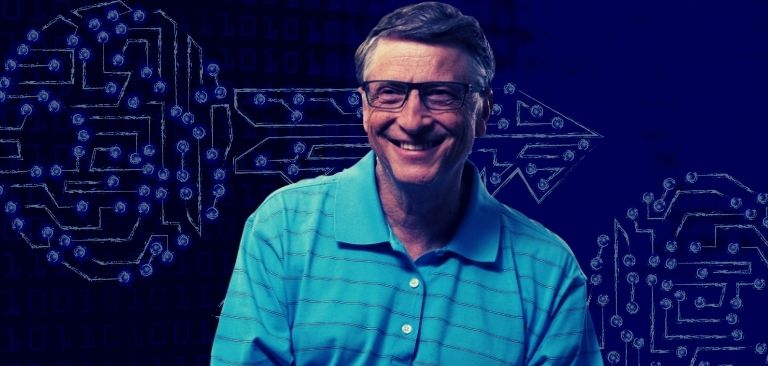Bill Gates – the man who co-founded Microsoft and gave the world Windows, one of the least secure operating systems in the history of computing – is unsurprisingly not one to overly concern himself with security, or privacy. In fact, he would gladly throw end-to-end encryption under the bus in order for fuller control to be achieved over people’s online communications.
Other than these days being a prominent vaccine influencer, Gates also has strong opinions about online misinformation, and what to do about it, as he has told CNBC.
Gates is very critical of the way some of the biggest centralized social networks are operating their apps and platforms, and has gone after encryption as an ill that these giants are using to hide behind for allowing “misinformation spreading faster than the truth.” The way he frames it, security and privacy as provided by end-to-end encryption are a nuisance preventing the likes of Facebook from monitoring and censoring users more effectively.
In his world, it apparently goes without saying that platforms (and no doubt, operating systems) have the right to spy on users and know everything each one of them is doing and saying. “Some of the messages on their platform, they don’t even see because of the encryption on WhatsApp,” Gates took a dig at Facebook.
The way he chose to speak about encryption on messaging platforms is to avoid touching on its actual purpose – to allow users privacy and ultimately security – and instead mentioned it in the same breath as child abuse and his favorite subject, anti-vaccine activism.
And while many users, observers and digital rights groups take serious issue with a lack of transparency on the part of Facebook and others in the way they dish out bans and blocks, Gates sees opaqueness not there – but in the fact encryption is built into some of Facebook’s apps.
As for what motivated Facebook to do it, Gates thinks it’s nefarious: “They have made sure they can’t intervene on those things.”
It’s interesting to see Facebook now coming under criticism from influential places like that occupied by Gates for supposedly “pivoting” to security and privacy features – after getting pummeled with criticism precisely for the lack of these during the previous US election.
“I believe the future of communication will increasingly shift to private, encrypted services where people can be confident what they say to each other stays secure and their messages and content won’t stick around forever,” CEO Mark Zuckerberg reacted in March 2019.










